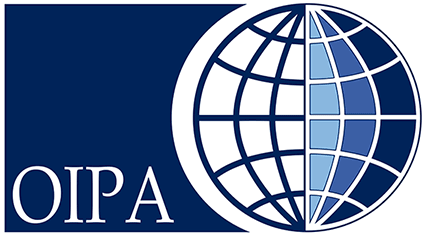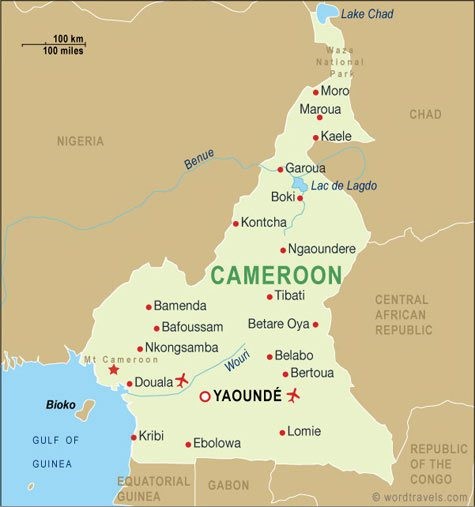Economic activities which is a prerequisite to better livelihood causes environmental problems which reduces productivity and affects directly human wellbeing and the ecosystem. The material base for economic activities is the environment where it draws its resources and provides flaws back to the environment. It is important that these flaws satisfy the laws of thermodynamics (i.e. 1st /2nd laws: Conservation of mass/energy and Entropy is non-increasing). This is because the environment supplies all forms of resources, assimilates waste and provide aesthetic pleasure. Yet multitude problems plague the environment such as global climate changes i.e. increase greenhouse gases, ozone depletion and sea level rise. We could also look at air pollution i.e. traffic pollution, factory emission, and smog. A third issue will be water pollution and water scarcity where acid rain, nitrate spillovers, intensive agriculture, population conglomeration depreciates the environment. Also, the loss of biodiversity, irreversible ecosystem change, soil fertility losses and the accumulation of toxins in various media are other problems our environment faces.
Lately, there has been an increase in global awareness in the field of environmental sciences and research. People worldwide are realizing the importance of the environment and the consequences of its depreciation because a careful handling of todays’ environment would serve as a legacy for tomorrows’ generation. The International Organization for Animal Protection
(OIPA) Cameroon takes into consideration environmental conditions and has as goal to promote and achieve high level of understanding and awareness of animal and environmental protection through effective communication, coordination, education and training.
For this to be made possible, collaborative effort is being made with local organizations, communities, churches, schools, groups in Cameroon and Africa. OIPA’s student on internship Mbibueh Tingume Brenda studying Environment and Natural Resource Management at the Pan African Institute for Development Bamenda, Cameroon took the initiative to visit Eco-village Bafut. This structure is under the patronage of Better World Cameroon a local organization located in Bamenda, Ntarikon beside faith building which has as objective to develop local regenerative agricultural strategies using permaculture processes to enhance our ecosystem. This meeting was to work in collaboration to bring out possible ways on how we can educate the rural woman to carry out agriculture while protecting the environment at the same time as well as generate income.
Based on this mutual interest to protect the ecosystem OIPA was allowed to visit the Better World Cameroon’s demonstration project site and also Cameroon’s first and only Eco-village in Bafut, Mezam division North West region founded by Joshua 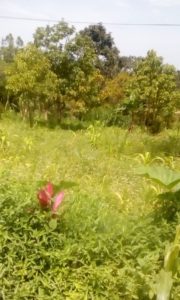 Konkankoh. During the tour led by a worker on the site by name Mrs.Bih Scholar,on the 26th October 2016, we were marveled by the activities of the Ndanifor Permaculture Eco-village in Bafut Northwest Region, Cameroon. On 2.5 acres of land we realized how high yields of nutritious and high quality organic food crops can be grown and income stream greatly developed from these produce. The techniques used in farming include planting nitrogen-fixing trees, intercropping, planting windbreaks, and combating erosion through a bigger and a higher earth heaped into rows that follow the contour of the land. More so, compostable matter is thrown between the heaped earths increasing soil fertility. Building up steady humus in the soil through composting is their central farming technique.
Konkankoh. During the tour led by a worker on the site by name Mrs.Bih Scholar,on the 26th October 2016, we were marveled by the activities of the Ndanifor Permaculture Eco-village in Bafut Northwest Region, Cameroon. On 2.5 acres of land we realized how high yields of nutritious and high quality organic food crops can be grown and income stream greatly developed from these produce. The techniques used in farming include planting nitrogen-fixing trees, intercropping, planting windbreaks, and combating erosion through a bigger and a higher earth heaped into rows that follow the contour of the land. More so, compostable matter is thrown between the heaped earths increasing soil fertility. Building up steady humus in the soil through composting is their central farming technique.
Therefore it was observed that, locally consumed crops could be encouraged at the Eco-village, rather than traded, because international companies and middle men exploit growing cash crops giving fewer opportunities for local people thus provide a long-term food security to the villagers. And this is possible through a platform for education and training organized by OIPA in collaboration with Better World Cameroon to sensitize the local women on the environment and nature protection.
High value agricultural products such as turmeric, ginger, fever grass alongside other organic foods are produced at the eco village Bafut which are supplied into the global trade market. OIPA in collaboration with the local council and authorities can organize forums to empower women and raise awareness of their roles in the family. This will encourage them to get more involved so as to go global and better their livelihoods rather than being biased and remaining poor.
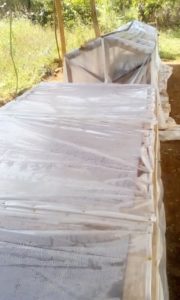 Moreover, competitive programs, trade fairs, gatherings, nature and environmental clubs amongst others can be structured to follow up and evaluate the farming techniques as portrayed by Eco-village Bafut to all the other local farmers and motivations offered in terms of input, infrastructure/equipment. This will help ensure a balance between economic activity and environmental impacts hence protect the environment and the economy to remain sustainable.
Moreover, competitive programs, trade fairs, gatherings, nature and environmental clubs amongst others can be structured to follow up and evaluate the farming techniques as portrayed by Eco-village Bafut to all the other local farmers and motivations offered in terms of input, infrastructure/equipment. This will help ensure a balance between economic activity and environmental impacts hence protect the environment and the economy to remain sustainable.
It was also realized that OIPA through social media communication such as Dream FM Bafut, Cameroon Radio Television (CRTV) can sensitize the locals on the importance of combating climate change and its impact thereby protecting, restoring and promoting sustainable use of terrestrial ecosystem reversing land degradation and stopping the loss of biodiversity.
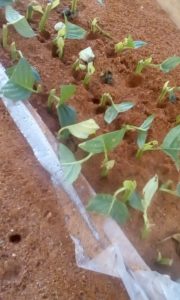 Days could be scheduled during public meetings and environmental clubs created in schools amongst others to carryout community labour around environmental goods during which the values associated to them should be made known and elaborated upon to the locals. This will better their understanding and perception of the environment thus avoiding market failure through judicious exploitation of our resources through local regenerative strategies to ensure sustainability and to enhance our ecosystem.
Days could be scheduled during public meetings and environmental clubs created in schools amongst others to carryout community labour around environmental goods during which the values associated to them should be made known and elaborated upon to the locals. This will better their understanding and perception of the environment thus avoiding market failure through judicious exploitation of our resources through local regenerative strategies to ensure sustainability and to enhance our ecosystem.
Opportunities could be explored by using the Bafut locality as an Eco-village in particular as a focus zone for research and improvement of outcome both nationally and internationally where permaculture techniques holistically benefits and improves living standards.
